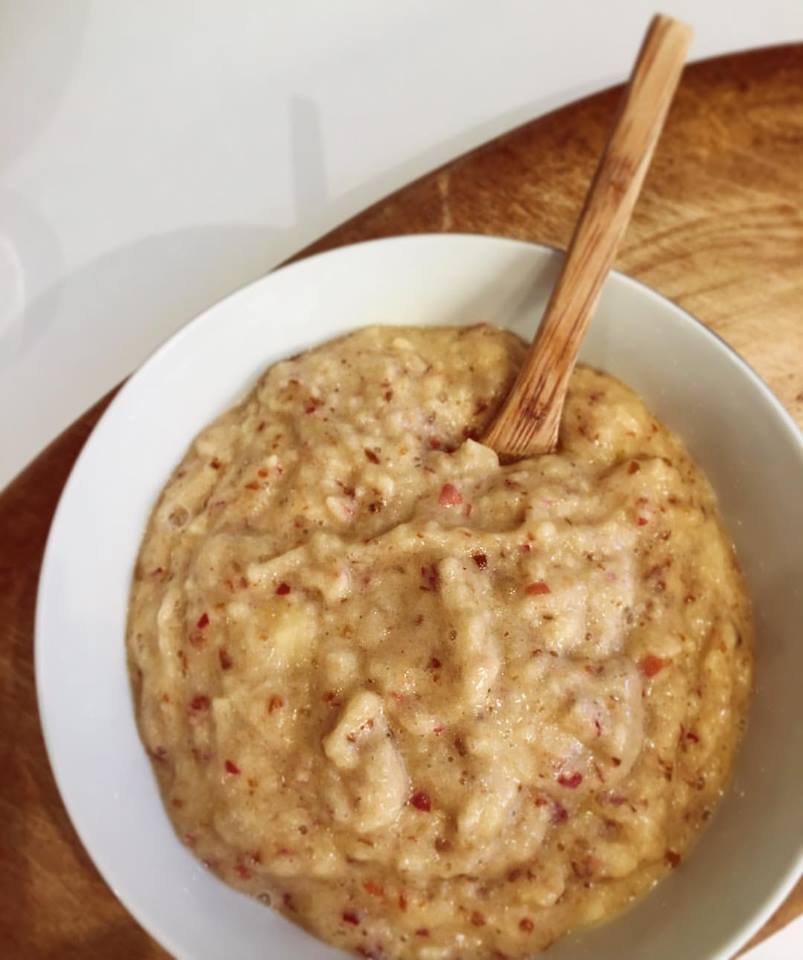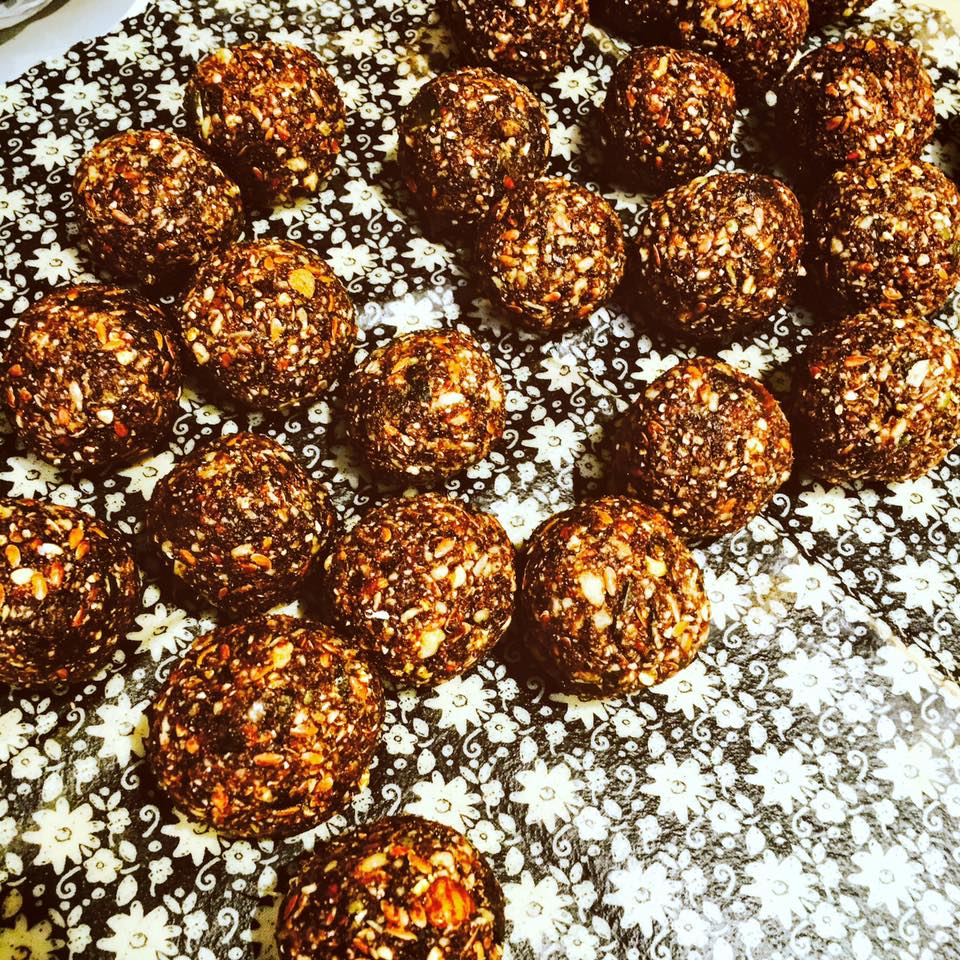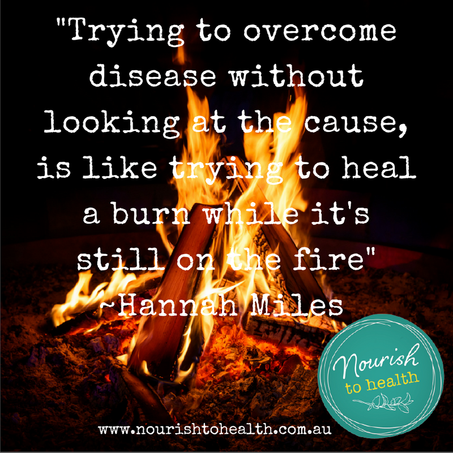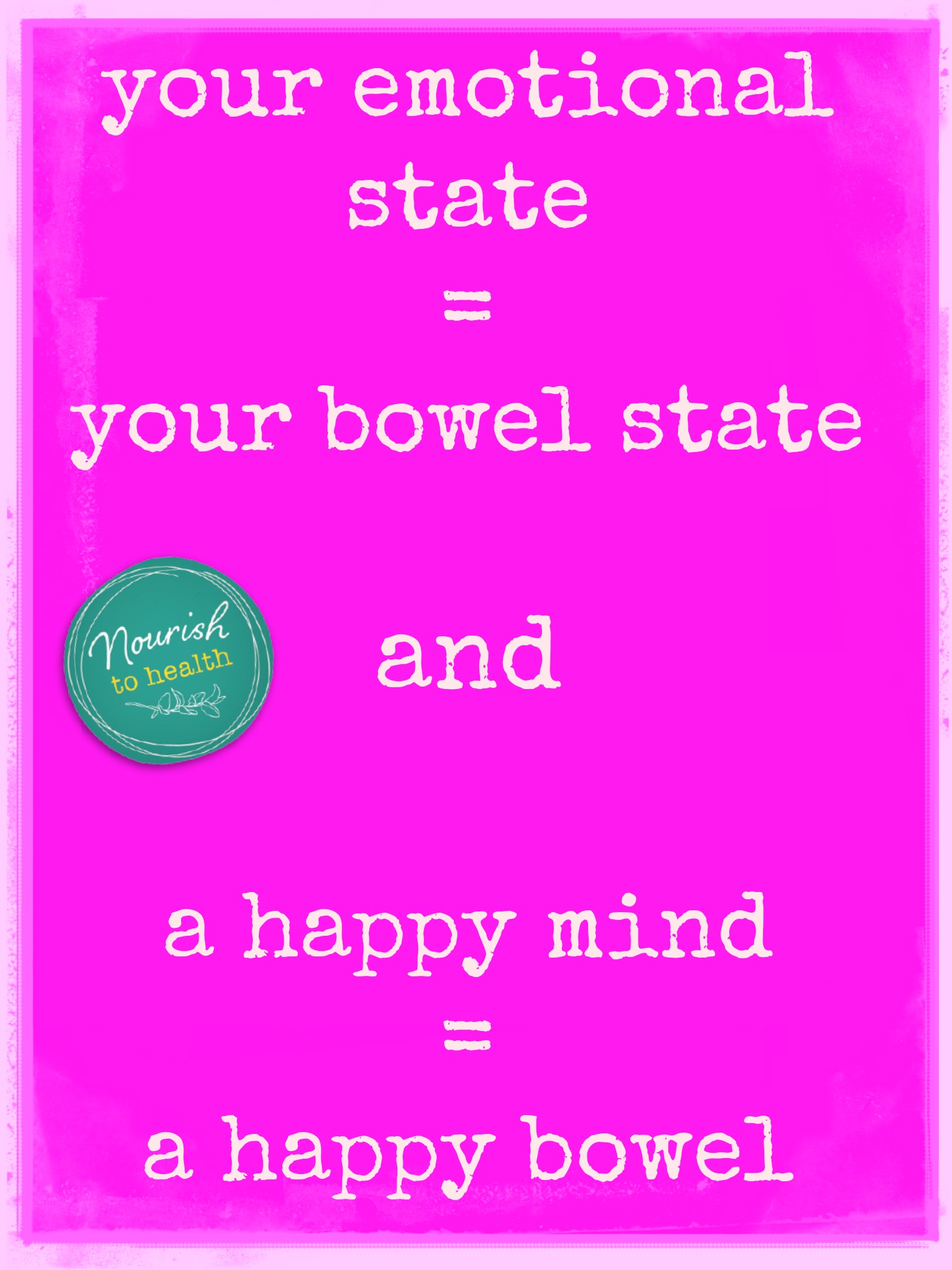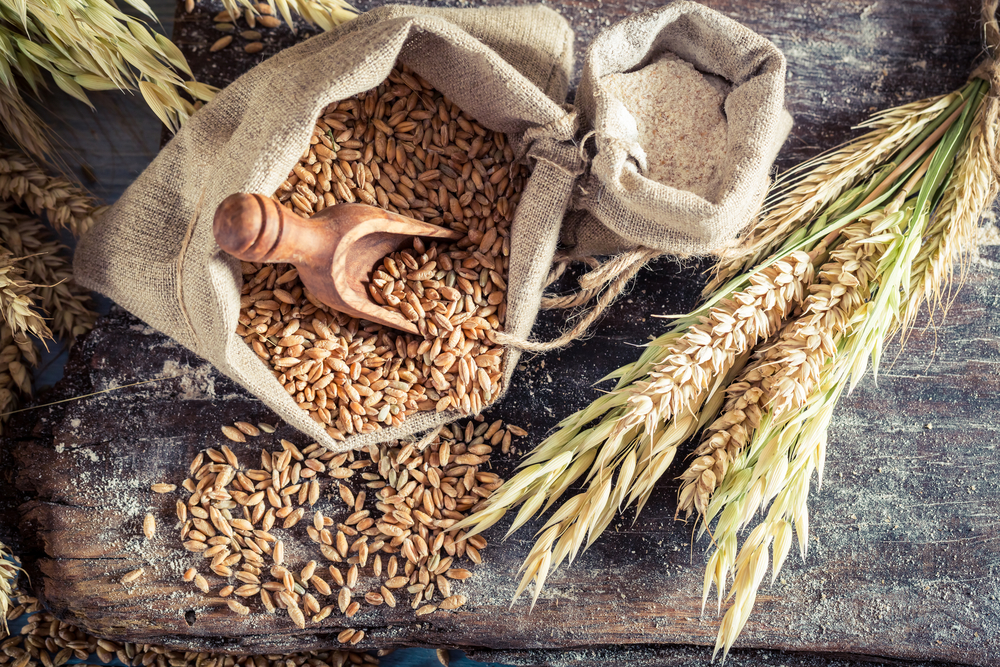Food combining and why is it essential for health!-chart.
Why is it so important?
Food combining has been increasing in its awareness in the last decade but was brought to our attention by Dr H Shelton in the 50’s and 60’s. It is recognized that our stomach digests foods at different rates and by using different enzymes to digest each food. If we desire to have optimum health and wellness, we must know the importance of maintaining a properly “balanced diet” in relation to the acid/alkaline diet. Without proper food combing principles our diets will eventually lead to indigestion and acidosis. This will rob us of our cellular energy required to attain an overall healthy body.
Instead of looking at food as “Calories” look at it as fuel that if our bodies are able to assimilate them with ease we get energy. If your stomach is unable to digest the foods properly it doesn’t matter how much nutrition is in the food or what the diet is called, because your body isn’t absorbing any and you become malnutritioned, most of the western world is fat but malnutritioned. We are fat and starving!!
The good thing is when you’re combing food properly your body will reduce weight, eliminate bloating, feel good overall, and get the most out of the foods you eat and will keep your gut healthy. And the energy goes to running your brain and healing your cells.
So how do we do this food combining thing?
1. Never Eat Carbohydrates with Acidic Foods in the Same Meal.
Do not eat bread, potatoes, peas, beans, bananas, dates, or other carbohydrates with lemons, limes, oranges, grapefruits, pineapples, tomatoes or other sour fruit.
The enzyme, ptyalin, acts only in an alkaline medium; it is destroyed by a mild acid. Fruit acids not only prevent carbohydrate digestion, but they also favor their fermentation. Oxalic acid diluted to one part in 10,000, completely arrests the action of ptyalin. There is enough acetic acid in one or two teaspoons of vinegar to entirely suspend salivary digestion.
Tomatoes should never be combined with any starch food. They may be eaten with leafy vegetables and fat foods. The combination citric, malic and oxalic acids found in tomatoes, (which are released and intensified by cooking which is why I do not suggest cooking tomatoes ever!), is very a detrimental to the alkaline digestion of starches in the mouth and stomach. They should not be used on salads during a starch meal.
In cases of hyperacidity of the stomach, there is great difficulty in digesting starches. Much discomfort is caused by eating them. They ferment and poison the body. Acid-starch combinations are very rare in nature—the sour apple coming nearest to being such a combination to which we natural spit this out . . .
2. Eat Fruits First
Fruit is a food that digests best when eaten alone. While you’ll read in (4.) not all fruits digest best together, it has the fastest exit rate of the stomach as fruit does not digest in the stomach, therefore fruits should be eaten first or alone. For those concerned about their blood sugar or candida, as long as fruit is eaten without fat and/or with leafy greens, blood sugar will remain stable. So fruity raw deserts are a disaster on the digestion. fruit is abundant in nutrients, anti-oxidants, and water, fruit is an excellent snack that is easily digested by the human body but needs to be eaten first, starting with acid fruits then moving on to sweet fruits and proteins after all fruit has been consumed!
3. Protein and Starches do NOT mix
Is it a common occurrence to consume a heaping serving of mashed potatoes next to a large portion of meat and/or dairy? This is one of the worst food combinations ever, but can easily be improved. Because the human body requires an acid base to digest proteins and an alkaline base to digest starches, this can lengthen the time of digestion and cause fermentation in the gut. This can lead to bloating, indigestion, and stinky bowel movements as the food putrefies in the gut.
To correct his, it is best to eat proteins with non-starchy vegetables and especially leafy greens. Starches can be consumed on their own or with other vegetables, but not with protein. Proteins that are cooked renders the protein particles in it useless for the body, and cooking demonises it making it unable to be digested fully.
4. Eat Melons Alone-ALWAYS!
Have you ever had the mistake of consuming watermelon after a dinner? Most likely you experienced gas, a slight blood sugar drop, and/or nausea. That is because melons are the type of fruit that digest completely different than other sweet treats. For optimal digestion, melons should be consumed alone and on an empty stomach first thing and then not eaten again in the day. Remove them from your mixed fruit salad.
5. Greens, Greens and More Greens
Greens are easily ruled as one of the best foods for mankind. Loaded with amino acids (building blocks of protein), essential minerals and nutrients (B vitamins, magnesium, iron, and more!), along with fiber (great for digestion). They combine well with all foods, and therefore should make a regular appearance on your plate. If you’re not consuming your 3 – 5 cups of vegetables a day then adding a cold pressed Barley Grass powder it to water, juice, or your favourite smoothie can help keep your mineral up!
For example, a salad is a great contribution to every meal and the live enzymes will help your other food digest smoothly. Eat your salad before any other food on your plate for maxima digestion.
6. Fats & Oil
While overt healthy fats combine well with everything (except fruit!), they should be used in limited amounts as they are very calorie dense and slow down digestion and when used with fruits cause bacteria and yeasts breakouts. Oils should not be consumed as they are not a whole food and when cooked become indisputable and poisonous to the body. Therefore, save your meal with fats like avocado or nuts for dinner or allow your body at least 4-5 hours to digest a dense lunch before eating again.
7. Probiotics (Friendly Bacteria)
You should only take probiotics 30 minutes before a meal not during. Mixing probiotics with a meal may decrease some absorption. The reason is that the probiotic ends up spending more time in the stomach. Another reason to take them on an empty stomach is because before the journey to the intestines, the bacteria will have more difficulty surviving the harsh stomach acid during digestion, affecting their potency.
Don’t take them after a meal! Probiotics that are taken after a meal have even more difficulty surviving stomach acid levels as this is when your stomach acid is at its peak. A study from 2013 found that when a probiotic supplement was taken after a meal, extremely low levels of bacteria actually survived.
A recent study in the Journal of Beneficial Microbes showed that probiotics are optimally absorbed when taken prior to a meal and were absorbed almost as well when taken with a meal containing fats. If you are however eating vegan plant based diet, high in complex carbohydrates and fruits and low in fats you should not need Probiotics.
What is a ‘Health Coach’ and how can they help you achieve your goals?
8. Timing is Everything
Because foods digest at different rates, you can lessen the pressure on your body by waiting until the previous food has left the stomach and is being digested in the intestines. Wait the following amount of time between foods that don’t combine:
- Two hours after eating fruit
- Three hours after eating starches
- Four hours after eating protein
- If you eat proteins no water for 4 hours after.
- If you eat starches no water for 2 hours after
- If you eat fruits no water for 30 minutes after
- If you eat vegetables no water for 1 hour after.
This is chart for you to put on your fridge and follow to the T!

Check out my gut healing protocol here:Hannah’s Gut Healing Protocol.


